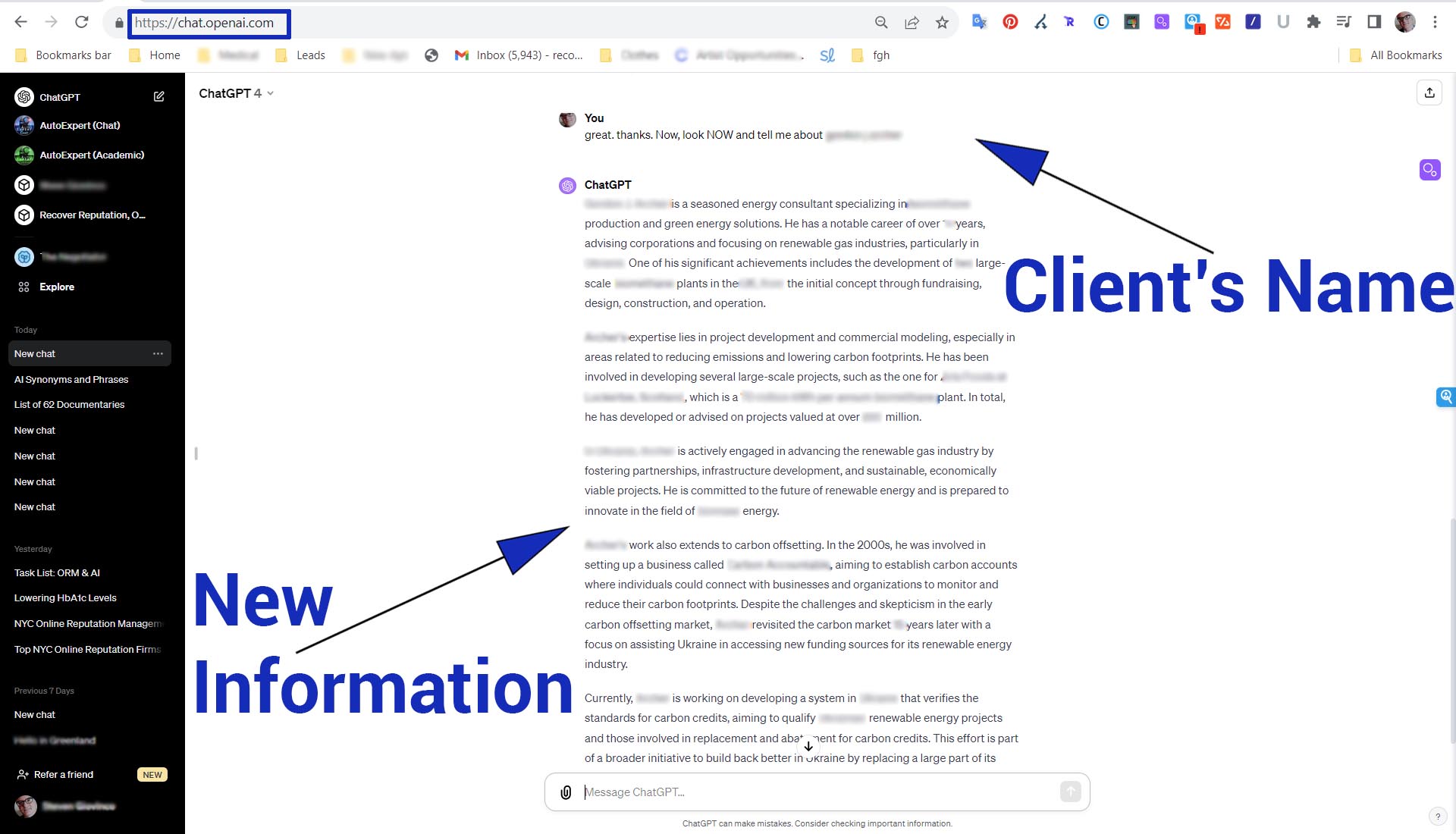Last Updated on August 10, 2023 by Steven W. Giovinco
Don’t despair: repairing your online reputation is possible (because the alternative–doing nothing–is not an option since it leads to lost sales and fewer customers). How? In a nutshell:
- Create excellent content.
- Share on pertinent social media platforms.
- Use search engine optimization to help the good information get found.
Over time, these methods repair the damage by suppressing negative links off the first page of Google searches and out of sight. Here are ten ways to help fix a damaged online reputation.
1. Create Great Content
Write blog posts and add comments focused on your readers and clients. Focus on topics that solve a common problem in your industry or an analysis of an important news development but with a new spin. Write a brief, interesting piece; include some of the key search phrases in the title and body too.
2. Write Good Articles
Sites such as Medium.com are very helpful in repairing your online reputation. Keep it focused on offering a solution and giving away good information; avoid pure selling.
3. Use Wikipedia
Wikipedia is highly ranked by Google but can be difficult to write since the article must be about a well-referenced, documented, or newsworthy person. A good way to start is to find existing Wikipedia articles that you can add yourself to, such as charity, college alumni, or noteworthy people you might have worked with.
4. Update Existing and New Online Presences
Create or update Facebook, Twitter, or LinkedIn sites, again with the key search terms and your name or business. Be sure to complete every field in the bio and other sections of the platform and, add a profile photo, and importantly, links back to your site.
5. Share on Social Media
Share everything on social media (well, nearly everything). Re-edit articles down to a few main points or paragraphs and publish them on industry-targeted sites, blogs, or respected sites, such as LinkedIn, Twitter, Facebook, and others. Promote all the content—the blog post, the new sites, articles, and press releases—using social media. This should include your already optimized accounts. Send out Tweets daily; Facebook updates weekly and adds LinkedIn content every week.
6. Develop Industry Specific Platforms
Google likes sites related to your industry. If you are a lawyer, claim your Avvo.com profile; for financial professions, use Techcrunch; for film producers, use IMDB.com. There are many other sites specific for each industry, so get busy and add links, articles, and your presence there.
7. Add Videos to YouTube
Since YouTube is owned by Google, creating a YouTube account and posting videos about you or your business can be very effective. Be sure to optimize for key search terms here as well.
8. Get Local
Google is shifting its focus to local search, so take advantage of this by creating a local presence on Google Maps and other sites. But be sure to stick to high-quality platforms and avoid spammy ones.
9. Research Good Key Search Terms for SEO
Come up with terms or phrases that clients will be searching for in Google searches. Think about what problem you are solving and search online to see what comes up. Make a list of these, and prioritize the top handful. These are your key search terms.
10. Optimize Your Web Site
Take these search terms and add them to your site, social media profiles, and blog posts. Note that this probably requires help from a reputation management professional, but specifically, update the behind-the-scenes code of your websites, such as Title and Description metatags. Also, rename the URL of a few of your pages by adding your or your company’s name. But things you can do yourself are to update article titles or add some of these phrases to already published pieces.
How Long Does it Take?
Generally, this is a long-term process. Depending on the severity of the issue, the repair could take four to eight months. Unfortunately, there is no magic button to push: it requires constant attention and there are many moving parts. But since the first thing most clients do search for you online, repairing damaging reviews or articles is crucial. If you have questions about the online reputation repair process, feel free to reach out to Steven W. Giovinco at Recover Reputation.




2 thoughts on “Do These 10 Things to Fix A Damaged Online Reputation”
One thing to add is to stay clear of spammy or poor-quality sites. This could hurt your reputation as well.
One thing to add is to stay clear of spammy or poor-quality sites. This could hurt your reputation as well.